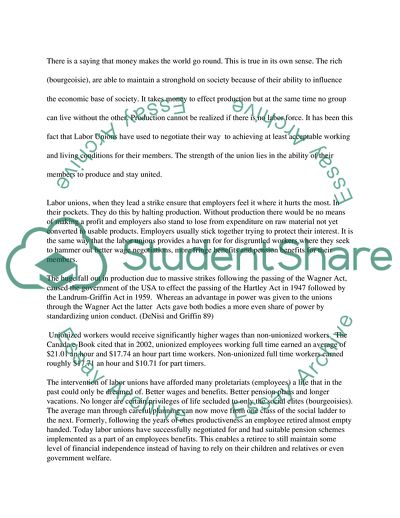Cite this document
(Labor Unions using the Principles of Karl Marx Assignment, n.d.)
Labor Unions using the Principles of Karl Marx Assignment. https://studentshare.org/sociology/1712946-social-fact
Labor Unions using the Principles of Karl Marx Assignment. https://studentshare.org/sociology/1712946-social-fact
(Labor Unions Using the Principles of Karl Marx Assignment)
Labor Unions Using the Principles of Karl Marx Assignment. https://studentshare.org/sociology/1712946-social-fact.
Labor Unions Using the Principles of Karl Marx Assignment. https://studentshare.org/sociology/1712946-social-fact.
“Labor Unions Using the Principles of Karl Marx Assignment”. https://studentshare.org/sociology/1712946-social-fact.


